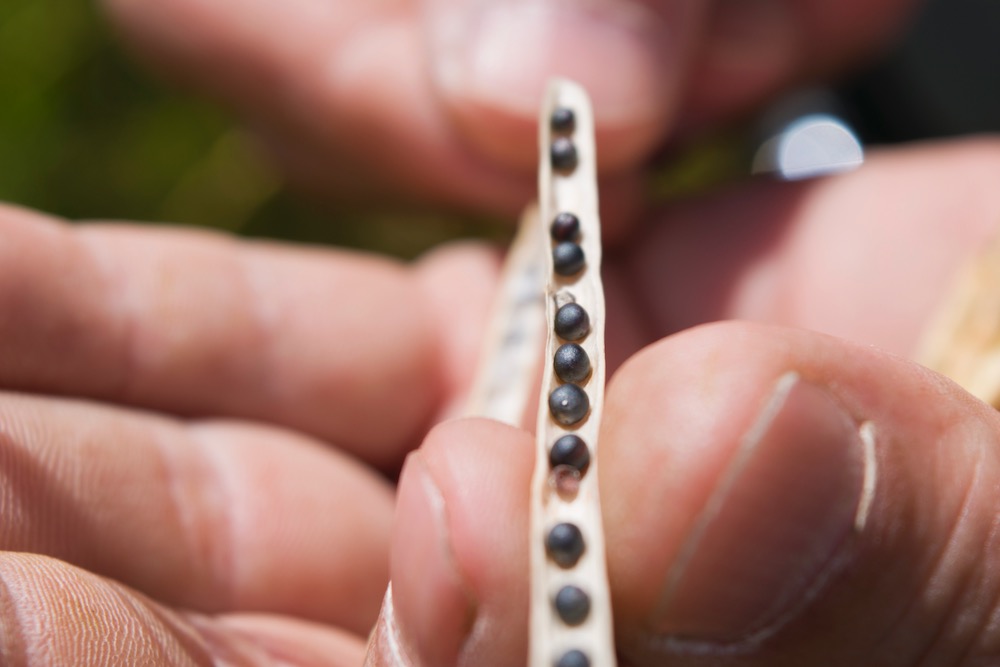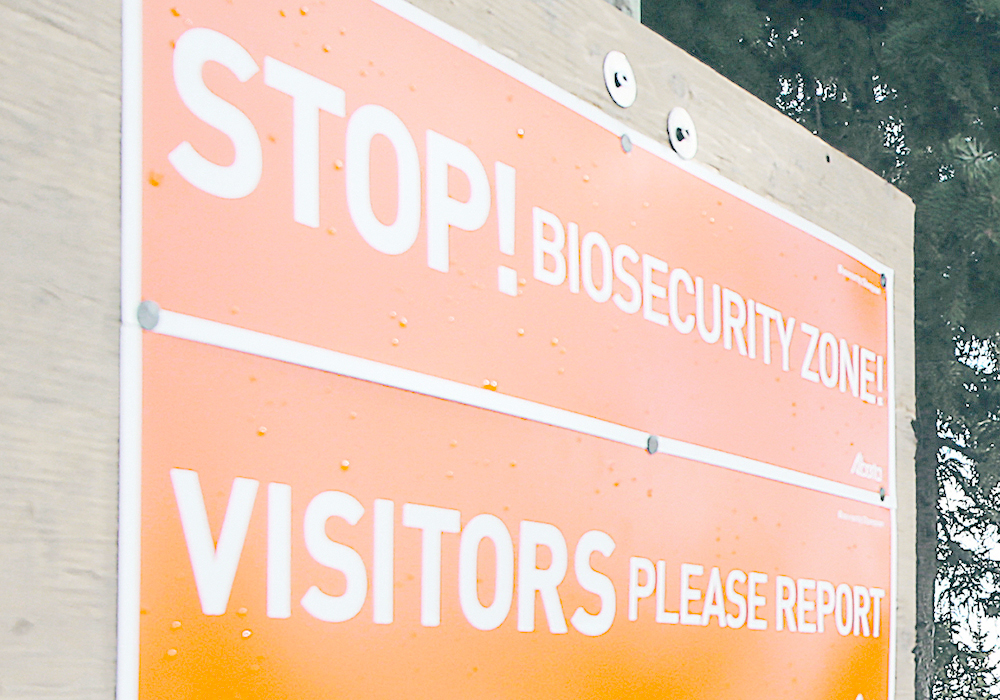CFIA releases latest on seed regulatory modernization process

The Canadian Food Inspection Agency released a report today on its latest round of industry and expert consultation as it seeks to modernize its seed regulations.
“Using an experimental approach to co-develop recommendations for change takes time in order to bring a diverse set of stakeholders together to reach consensus,” the agency said in a statement.
“The CFIA appreciates the collaboration and involvement of numerous engaged stakeholders and is proud of the progress made to date together.”
This is the third round of consultations. The first, a needs assessment survey, was done in 2021.
Read Also

Senators told biosecurity bill C-275 is really about trespassing
Witnesses at last week’s Senate agriculture committee meetings said a bill purporting to be about biosecurity is not about biosecurity at all.
The winter 2024 survey received feedback from 412 respondents, including seed growers, seed companies, farmers, farm organizations, commodity groups, academics, and others.
Here are a few of the responses according today’s “What we heard” report.
More than 60 per cent of respondents said that the seed certification system would be improved if the Canadian Seed Growers Association took on some seed certification tasks currently done by the CFIA.
Common themes among responses were that the CSGA has reliably administered the national seed crop certification program and has demonstrated it can take on more tasks.
Respondents also broadly agreed that current requirements, which don’t subject sellers of common seed to additional rules, should be kept as-is.
Some said that seed sellers are mindful of their reputations, and this—combined with buyers’ due diligence—is a sufficient safeguard.
Responses were mixed on a proposal to establish an advisory committee overseeing ongoing improvement of the seed system. Some said the time commitment would exclude farmers from participating. Others were only in favor of the committee if a balance of representation from across the supply chain could be guaranteed.
Stakeholders were also unsure about a proposal to require all seed types to be tested by an officially accredited lab as this could increase cost to growers. Others said that the accredited lab system would ensure replicable results, giving more assurance of seed quality.
In the report summary, the CFIA noted that common seed of small-seeded crops like alfalfa and canola already require testing in officially recognized labs.
The majority of respondents were not supportive of a proposal to allow seed registrants to cancel varieties on their own request when there are no safety concerns. A common objection was that this would reduce farmer choice and reduce the marketability of grain from that variety.
However, some said cancellation decisions are not be made arbitrarily and should be allowed.
Additional feedback included that digitalization of the system would increase efficiency and efficacy; that membership on an advisory committee should not be by ministerial appointment; and that the CFIA should retain enough expertise and enough practical experience in the seed program so it doesn’t lose its capacity to oversee it.
The CFIA said it anticipates that it will release a policy paper in 2025 which will summarize the major changes it plans to make.
Source: Farmtario.com

